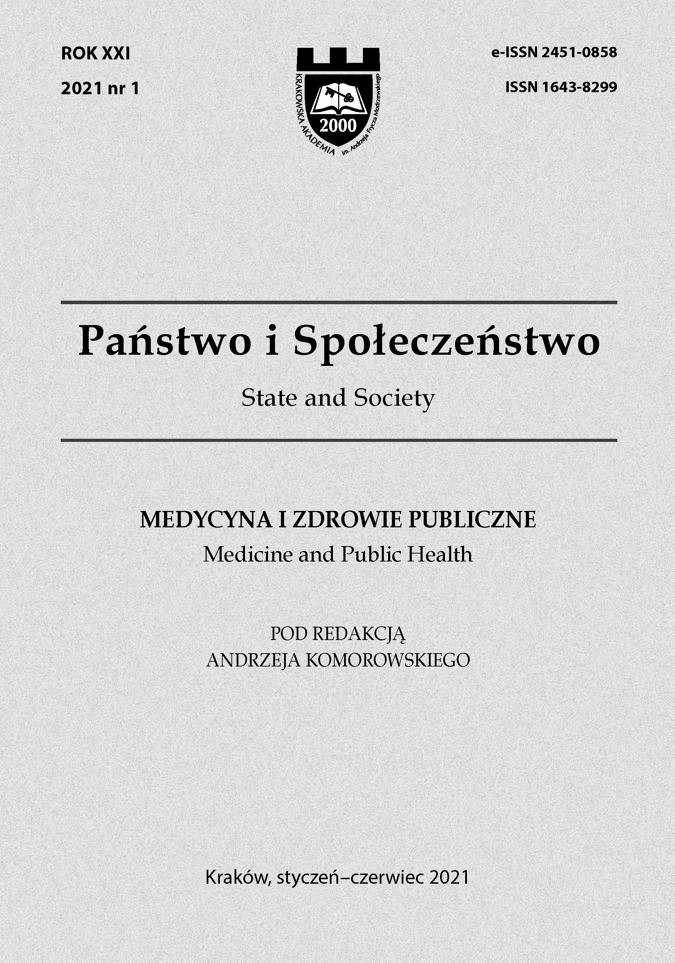Educational models for training in minimally invasive colorectal surgery
Educational models for training in minimally invasive colorectal surgery
Author(s): Francisco M. Sánchez-Margallo, David Durán-Rey, Manuel R. González-Portillo, Isabel López-Agudelo, Juan A. Sánchez-MargalloSubject(s): Health and medicine and law
Published by: Oficyna Wydawnicza AFM Uniwersytetu Andrzeja Frycza Modrzewskiego w Krakowie
Keywords: surgical simulation; colorectal surgery; medical training; minimally invasive techniques; colorectal cancer;
Summary/Abstract: Colorectal cancer (CRC) is the third most commonly diagnosed malignancy and the fourth most deadly cancer in the world for which surgery is the main treatment. Colorectal surgery can be performed through a wide incision in the abdomen or using minimally invasive surgical (MIS) techniques. Some of these techniques include transanal endoscopic microsurgery (TEM ), transanal minimally invasive surgery (TAMIS), transanal total mesorectal excision (TaTME ), and robot-assisted surgery. Studies increasingly confirm that resections using MIS techniques are safe, oncologically equivalent to open surgery and have better short-term results. These surgical approaches are, however, technically demanding and result in a steep learning curve. The main objective of this study is to review the different MIS techniques for colorectal surgery, as well as the training tools and programs designed to achieve the necessary surgical skills. Different training programs in colorectal surgery have been reported for the different surgical techniques analyzed. Most of these programs are based on training tools in the form of surgical simulators, physical and virtual, as well as the use of experimental and cadaveric models. However, structured training programs in minimally invasive colorectal surgery remain scarce, and there should be a consensus on the fundamental training aspects for the various surgical techniques presented. These training programs should ensure that surgeons acquire sufficient surgical skills to be competent in the development of these surgical techniques, improving the quality of the patient’s surgical outcomes.
Journal: Państwo i Społeczeństwo
- Issue Year: XXI/2021
- Issue No: 1
- Page Range: 115-140
- Page Count: 26
- Language: English

